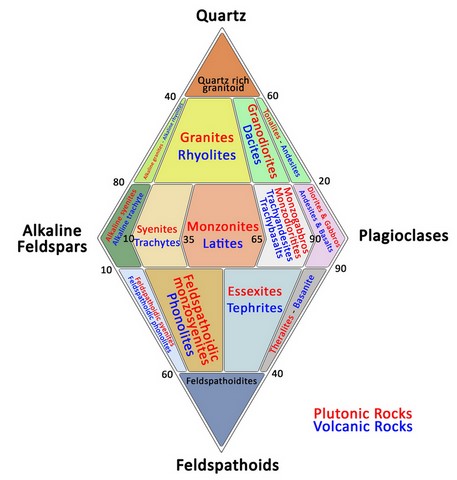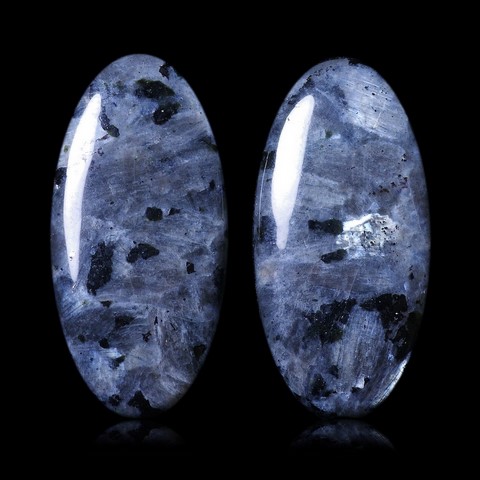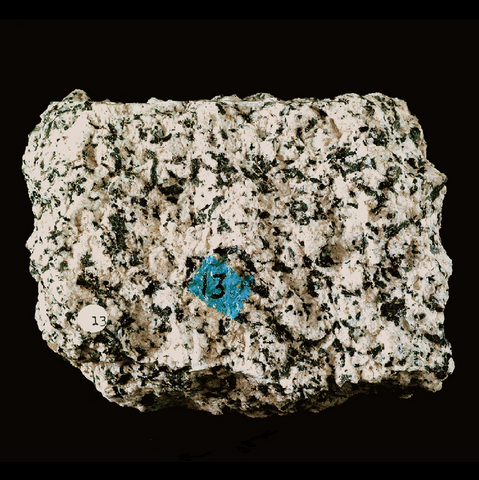 What is a syenite in geology ?
What is a syenite in geology ?
Syenite : definition
A syenite is a light-coloured (whitish to pinkish) granular magmatic rock, made up of more than 60% of alkaline feldspars (orthose, microcline, anorthose, sometimes albite) accompanied by biotite and amphibole (hornblende), a small amount (less than 5%) of quartz or feldspathoid is allowed.
The alkaline varieties contain amphiboles and sodium pyroxenes (aegirine, riebeckite...). Mineralogical variations define the varieties of syenites : larvikite, pulaskite, normarkite...
Syenite is a fairly rare rock that forms small massifs or differentiations within granite massifs. Its volcanic equivalent is trachyte, a rock well represented in Auvergne volcanism : sancyites, domites, doreite, etc... are trachytes.
The alkaline varieties contain amphiboles and sodium pyroxenes (aegirine, riebeckite...). Mineralogical variations define the varieties of syenites : larvikite, pulaskite, normarkite...
Syenite is a fairly rare rock that forms small massifs or differentiations within granite massifs. Its volcanic equivalent is trachyte, a rock well represented in Auvergne volcanism : sancyites, domites, doreite, etc... are trachytes.



